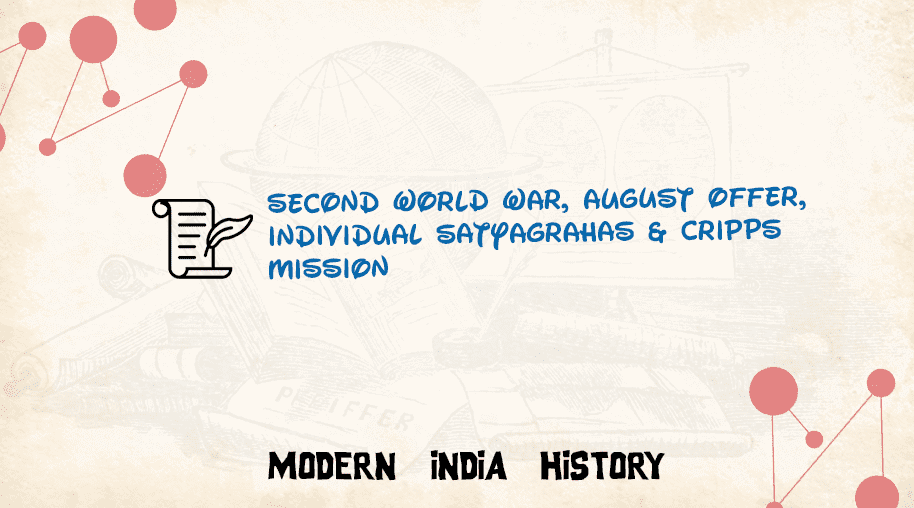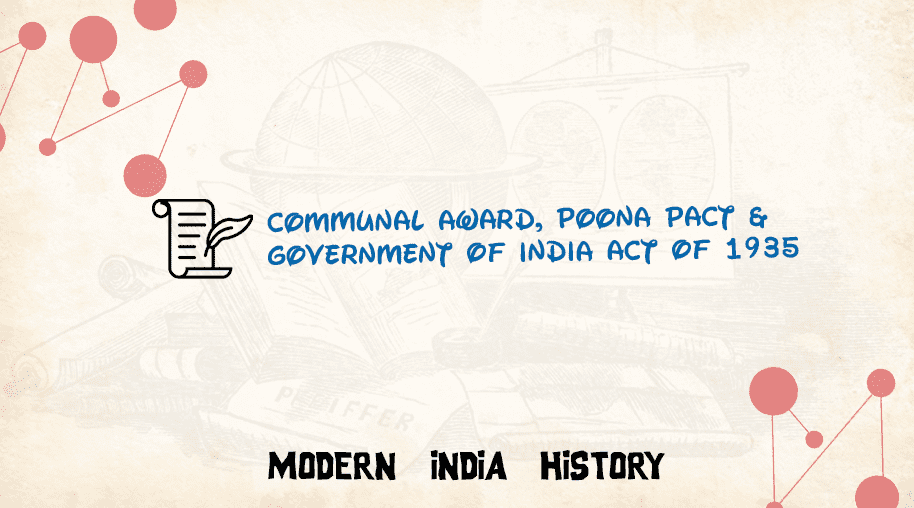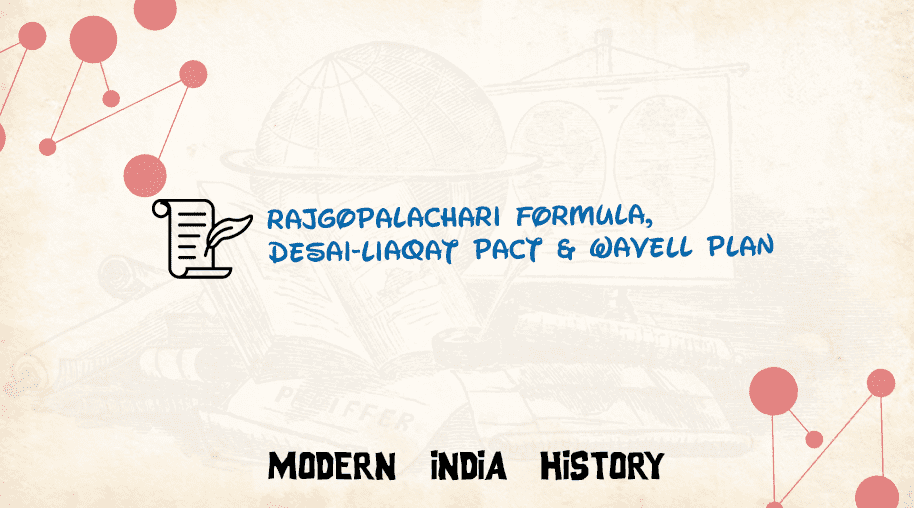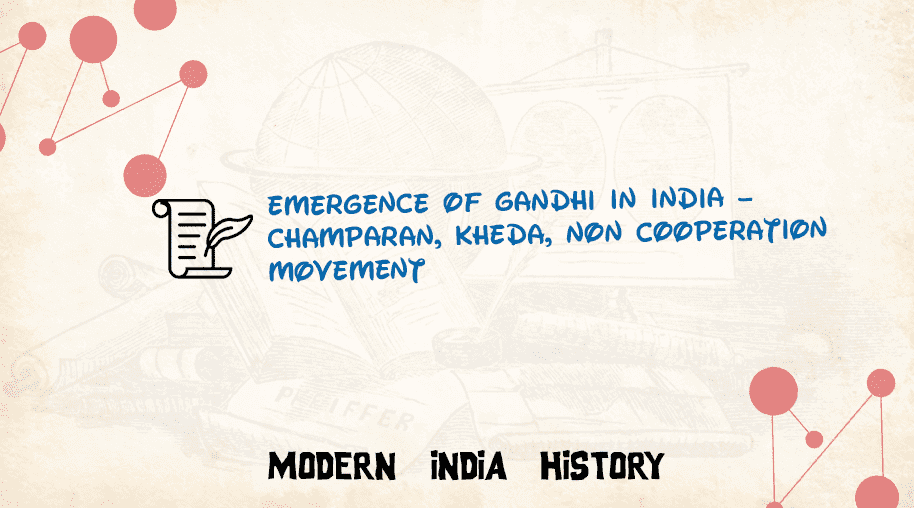Second World War, August offer, Individual Satyagrahas & Cripps Mission
by Devender
0 2136
Lord Linlithgow was the longest-reigning viceroy of India. He became viceroy in 1936 and stayed there till 1944. His tenure was marked by the beginning of the Second World War, the arrival of the Cripps Mission, and the beginning of the Quit India Movement.
During his time period, the Government of India Act 1935 with provinces going to elections came into force and the Great Famine of Bengal happened in 1943.
Second World War and Nationalists Response
Elections were held under the provisions of the Government of India Act of 1935 in 1937 in which Congress formed their ministries in seven states of India. The second world war broke out on 1 September 1939 and the British government involved India in the war without consulting the people of India.
Congress stood firm against this decision and to show their protest, On 12 December 1939, Congress Ministries resigned in all the seven states whereas Muslim League celebrated this day as the Deliverance Day. Muslim League then demanded the creation of Pakistan in March 1940.
August offer
During the second world war, Britishers wanted the cooperation of Indians, and to get that, they came up with an announcement on 8 August 1940, that came to be known as the August Offer. It proposed:
- Dominion status as the objective for India
- Expansion of viceroy’s executive council & setting up of a constituent assembly after the war consisting of Indians to decide their constitution according to their social, economic and political conceptions and subject to fulfillment of the obligation of the Government regarding defense, minority rights, treaties with states & all India services
- No future constitution to be adopted without the consent of minorities
- to show that nationalist patience was not due to weakness
- to express people’s feeling that they were not interested in the war they made no distinction between Nazism and the double autocracy that ruled India
- to give another opportunity to the Government to accept Congress demands peacefully
- the demand of a satyagrahi would be the freedom of speech against the war through an anti-war declaration
- It also called for a march towards Delhi which is known as Delhi Chalo Movement
- An Indian Union with a dominion status would be set up that would be free to decide its relations with the Commonwealth and free to participate in the United Nations and other international bodies.
- A constituent assembly would be convened to frame a new constitution after the end of the war
- Members of this assembly would be partly elected by the provincial assemblies through proportional representation and partly nominated by the prince
- The British Government would accept the new constitution subject to two conditions - one was any province not willing to join the Union could have a separate constitution and form a separate Union, and the other that the new constitution-making body and the British Government would negotiate a treaty to effect the transfer of power and to safeguard racial and religious minorities
- The defense of India would remain in British hands and the governor-general’s powers would remain intact in the meantime
- The offer of dominion status instead of a provision for complete independence
- Representation of the states by nominees and not by elected representatives
- Right to provinces to secede as this went against the principle of national unity
- Absence of any plan for immediate transfer of power and absence of any real share in defense
- The governor general’s supremacy had been retained, and the demand for governor-general being only the constitutional head had not been accepted
The Indian's reaction to this offer was not positive as Congress rejected it and Nehru said "Dominion status concept is dead as a doornail".
Individual Satyagrahas
It was launched by Gandhi against involving Indians in the second world war. It was limited, symbolic, and non-violent in nature and Gandhi had the sole right to choose the Satyagrahis.
The main aims of launching it were:
Acharya Vinoba Bhave was the first one to be offered Satyagraha and he was sent to jail for 3 months. Jawaharlal Nehru became the 2nd satyagrahi and he was sent to jail for 4 months. The individual satyagraha continued for almost 15 months.
Cripps Mission
To gather the support of India, a mission was sent to India in March 1942, headed by Stafford Cripps with constitutional proposals. The main proposals of this mission were:
However, Congress objected to the following points:
The Muslim League also had some objections to this mission. They didn't like the idea of a single Indian Union and thought the proposals in this mission denied Muslims the right to self-determination and the creation of Pakistan.
They did not like the machinery for the creation of a constituent assembly and the procedure to decide on the accession of provinces to the Union.

Share:








Comments
Waiting for your comments